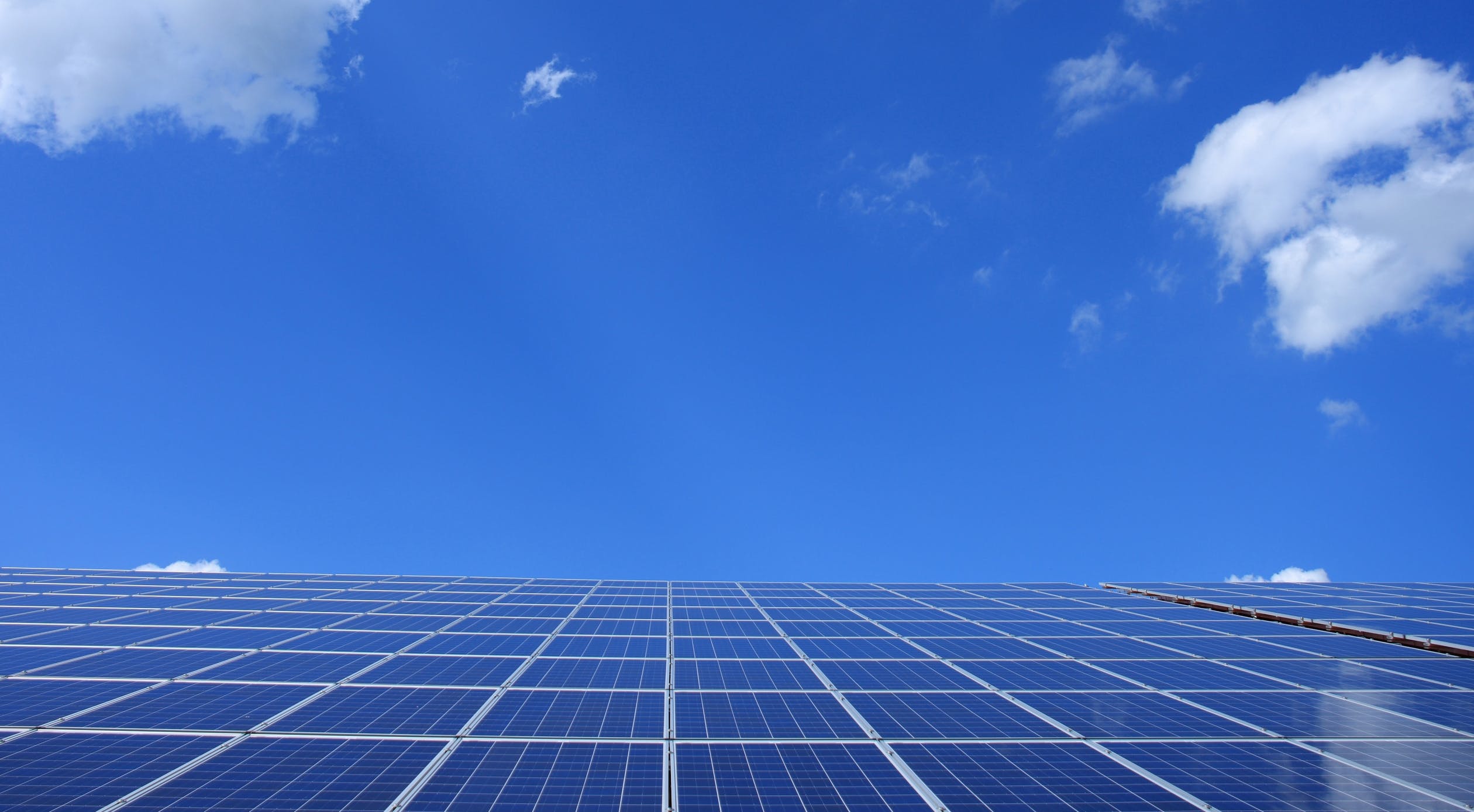Solar power has risen drastically in popularity over the last decade as the technology has become more affordable and accessible. What used to seem like a futuristic energy source or one reserved only for expensive applications can now be found in almost every city in America. So, odds are that you understand the basics of solar power; but how familiar are you with the pros and cons of using it? Keep reading to learn more.
Pro: Solar Is Proven to Work
Though it might feel relatively new, solar power has actually been around since 1954, when the first photovoltaic cell capable of converting sunlight to electricity was introduced to the world. Since then, technology has grown and improved quite rapidly and continues to prove itself an efficient and dependable energy solution for homeowners across the country.
Con: It’s Not Very Pretty
You’ve probably seen those solar panels on the roofs of houses—because they stand out like a sore thumb. While they’ve become a very common sight nowadays, those panels still aren’t the most aesthetically pleasing thing to put on the roof of your house. In some cases, it can really detract from your home’s curb appeal. While innovative members of the industry are working on more discreet designs for solar panels, for now, installing solar panels on your home isn’t going to be the prettiest upgrade.
Pro: It’s Good for the Whole Grid
Sure, you know that solar panels are good for your power bill, but didn’t you know that the entire electricity grid can actually benefit from your solar power system. City grids are frequently under strain due to high power demands—especially in high-usage periods, such as the peak of summer, when everyone is running their ACs throughout the day. Adding solar to your home reduces demand on the grid; while it may seem like a drop in the bucket when compared to your entire city, as more homeowners switch to solar, blackouts will likely become less common.
Con: You Still Need the Grid
Many people think installing solar allows them to disconnect from the grid entirely, but this is almost never the case. Assuming you’re like most homeowners, your system won’t be large enough to meet all of your energy needs—especially if you don’t have a backup system. Without a battery bank, you’ll rely on the system every night and during cloudy weather. Plus, your system will be shut down along with everyone else’s homes in the event of a blackout. So in a lot of ways, you’re still reliant on the grid; you’ll just have much lower power bills.
This can be somewhat offset if you choose to install a solar battery bank. Batteries allow you to store solar power for later use, so you rely on the grid even less.

